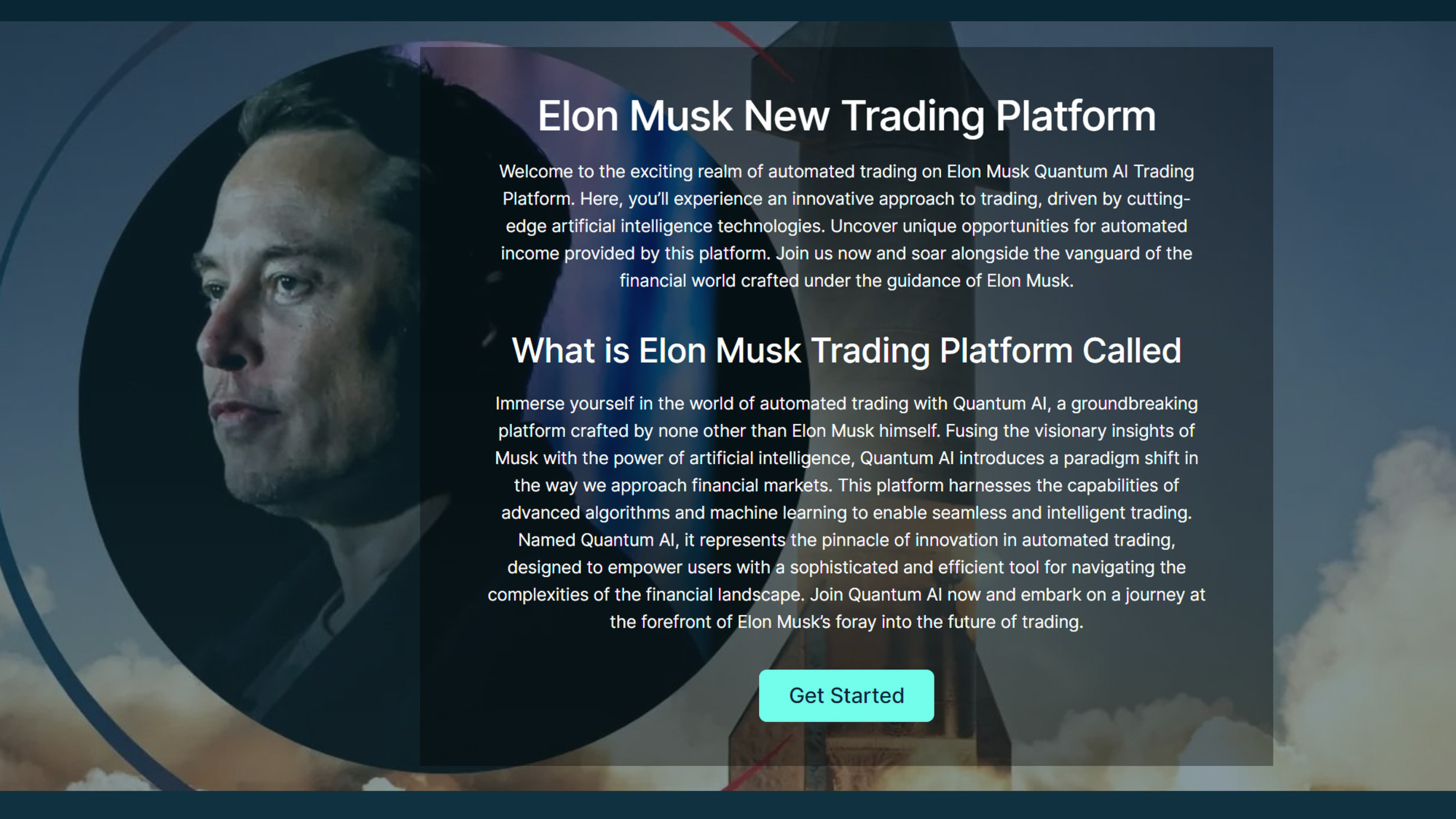The Securities and Futures Commission has warned of a fraudulent crypto trading platform called Quantum AI, a long-time scam that uses deepfakes of Elon Musk. Hong Kong has proven particularly susceptible to AI-related scams, with fintech industry fraud growing 3.8% in the first quarter. — SCMP
Last week, the Hong Kong Securities and Futures Commission (SFC) warned of a scam using deepfakes of Elon Musk touting a cryptocurrency trading platform called “Quantum AI”. The scam is old, but it highlights an alarming rise in the use of artificial intelligence (AI) to commit fraud – and Asia has proven particularly susceptible.
In its public warning on May 8, the SFC said that Quantum AI makes claims of being able to earn “too-good-to-be-true” returns and the regulator made a request to the Hong Kong Police Force to block access to related websites and social media pages. The linked domains were inaccessible as of this week, and the Facebook groups appear to have been removed.
There have already been multiple cases of deepfake-related incidents of fraud in Hong Kong, putting the government on alert. Deepfake incidents in Asia-Pacific surged 1,530% last year, with Vietnam and Japan seeing the most attacks, according to a report from identity verification platform Sumsub.
“Thanks to increasing digital financial transactions in the emerging Asia market, there is a larger pool for deepfake targets,” said Penny Chai, Sumsub’s vice-president of business development in APAC. “Since a high volume of instant cross-border transactions takes place in the region, especially in Hong Kong, deepfake scammers can leverage the complexity and volume of financial dealings to carry out fraudulent activities.”

The Quantum AI scam dates back at least a year, although it seems to be recycled with different variations used to target different groups.
One video spread on Facebook last year, debunked by PolitiFact, featured Musk, the billionaire CEO of Tesla and SpaceX, alongside Jack Ma – co-founder of Alibaba Group Holding, owner of the South China Morning Post – promoting the platform. It was modified from a video of Musk and Ma appearing together at the 2019 World AI Conference in Shanghai.
Another video was modified from an appearance Musk made on the Fox News show of conservative pundit Tucker Carlson, according to Reuters Fact Check.
Some of the domains using the scheme rely on cheap hosting providers and flexible back-end technologies like WordPress. One of the top search results for Quantum AI is a website saying it requires a US$250 (RM1,170) minimum deposit, accompanied by a warning that users should “invest only what you’re okay with losing completely”.
Incidents of fraud using deepfakes – convincing simulacra of real people using generative AI – are on the rise. Sumsub – which tracks incidents of identity fraud, including through the use of deepfakes – detected a tenfold increase in the use of deepfakes last year, according to its Identity Fraud report.
Sumsub identified Hong Kong as one of the top five markets in Asia for identity fraud at a rate of 3.3% last year. Bangladesh had the highest at 5.4%.
In the first quarter, fintech industry fraud in Hong Kong grew at a rate of 3.8%, which was 216% faster than the rate in the same period a year earlier, Sumsub told the Post.
Deepfakes have already caused tens of millions of dollars in losses in the city.
In 2020, a manager at a Japanese bank was fooled by fake audio mimicking his director’s voice into transferring US$35mil (RM163.88mil). Another multinational company lost US$25.6mil (RM119.92mil) to a fraud involving a deepfake video call mimicking the likeness of the chief financial officer.
The SFC has become increasingly hawkish in flagging crypto-related scams on its website. Of the 29 suspicious virtual asset trading platforms listed by the SFC, 18 of the warnings were issued this year, and 24 of them were issued since JPEX scandal last September.
That incident tied the JPEX cryptocurrency exchange to the loss of roughly HK$1.5bil (RM900.63mil or US$192mil), making it one of the largest financial frauds in the city’s history.
The regulator has also been more active in flagging other suspicious crypto-related products. On Monday, it warned of an investment product called LENA Network that involves cryptocurrency staking, borrowing and lending arrangements.
Arrangements for staking, which requires locking up a certain amount of crypto to validate transactions on a blockchain, could “amount to unauthorised collective investment schemes”, the SFC warned, and “may be highly risky”. – South China Morning Post





